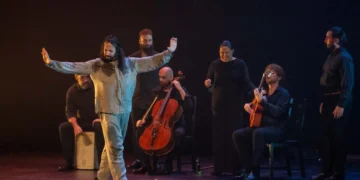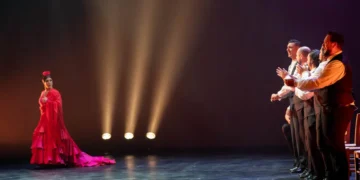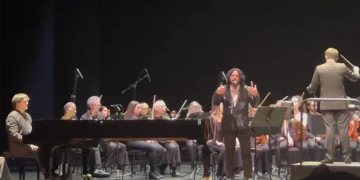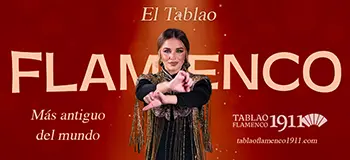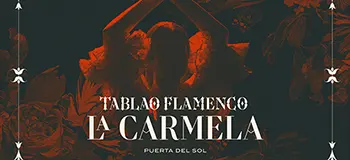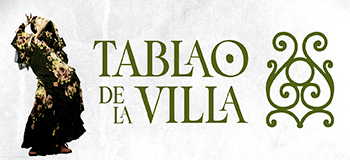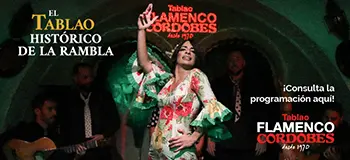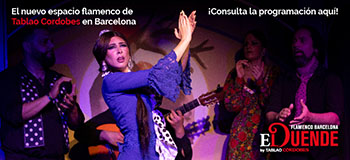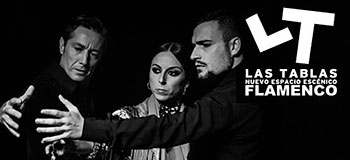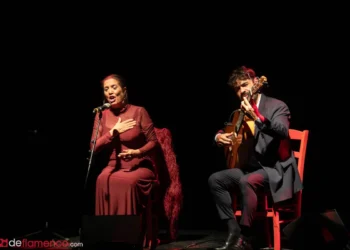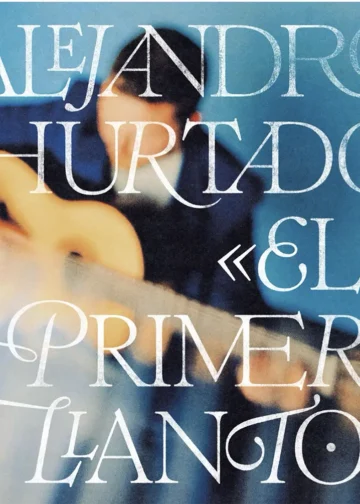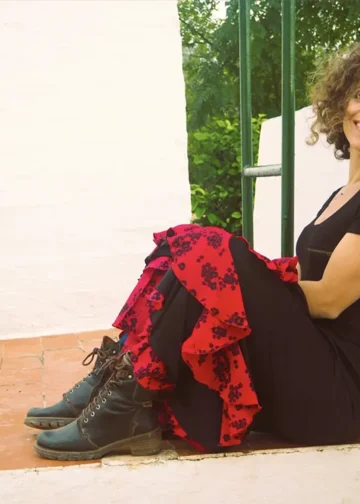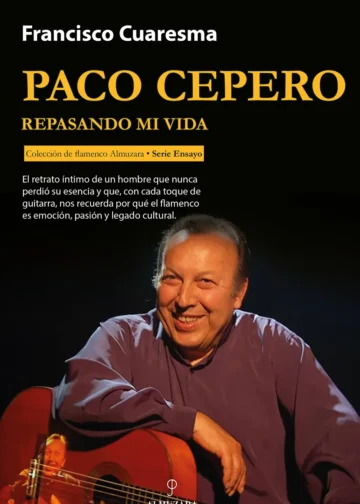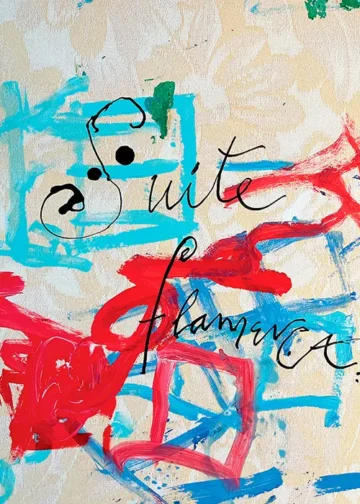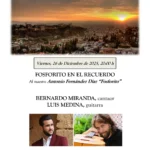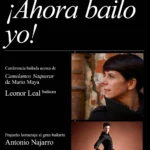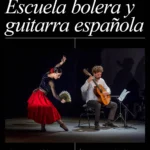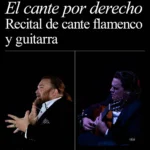|
FESTIVAL SUMA FLAMENCA 2011 Carmen Linares |
||
|
“Poetry at the forefront of flamenco” Text: Pablo San Nicasio One of the main dates of this month’s flamenco in Madrid, fell on the first day of summer. The halfway point of the Suma Flamenca festival brought Carmen Linares to the Abadía theater which was small for the demand. Two or three Abadías could easily have been filled, or the cathedral for that matter. With the heat of June, again came the current reference of cante. Day after day, Carmen Linares seems to be the only singer who offers seniority, command and a desire to renovate flamenco singing, all in one. She knows this, and lives off it. Between the dearth of artists with these characteristics, and the presence of others with a different outlook or qualities, it’s this woman who reigns in a field that surely ought to include more singers, but modern times have yielded this and we can be grateful for small favors.
Because whether she fails or not, Carmen Linares doesn’t stop taking risks, she’s a guarantee of surprises, and it’s worthwhile. And because she has resources to slip out of difficulties as only persons of true talent can do. On Tuesday night she proved this was true. Carmen presented “Ensayo Flamenco, 2012”. A show based on a medley of the poets who adorn her discography. Juan Ramón Jiménez, Lorca, Alberti, Miguel Hernández, Valente or even José Luis Ortiz Nuevo. It sounds easy, given the level of those names, but not at all. When it comes to singing them, Carmen Linares is a prodigy, we know this. But if what we’re looking for is flamenco, a pleasant, intense and well-balanced show, it becomes more complicated. Because flamenco fans are accustomed to the tried-and-true classic verses of cante, those characteristic harmonies of each style, those memories of earlier artists…and in “Ensayo Flamenco”, there’s precious little of that. So it was a difficult task. In fact, it was quite cold at the beginning. With the verses of Ortiz Nuevo and Miguel Hernández things didn’t quite warm up. Carmen is always accessible and pleasant, and the superlative piano of Pablo Suárez was also important, but around the third song, “Mis Ojos sin tus Ojos”, we were more flattened out that jumping out of our seats. It may sound harsh, but at this point Carmen Linares was closer to Schubert’s songs than to flamenco. Nevertheless, those same two, Pablo and Carmen, raised the level with martinete shortly afterwards to get into some real flamenco. It’s a tricky undertaking because, as mentioned before, it’s an attempt to sound flamenco with textures and sounds that actually aren’t. The singer, standing, leaning on the piano, Pablo with his avant-garde harmony, verses without “mi mare” or “puñalaítas”.
But there’s a lot to Carmen and, in addition to having a great back-up, she has vision. She knows when to bring each one on stage and knows their roles. A group which looks like it might last for quite some time sharing gigs. Rafaela Carrasco, who days earlier barely did more than a half-hour, invented a granaína “Asesinado por el Cielo” with the voice of Carmen Linares, and got the pot boiling in a way that would not cool down til the end. The singer’s working of Juan Ramón Jiménez and Alberti followed the path of fine cante with sublime verses. But it was with Lorca, with ten minutes of bulerías, where we got the best of Carmen Linares, flamenco and festive, the maestra of “deep song”. Linares demonstrated that she leads the way with sufficient vision to shoe-horn impossible poetry into cante, with great musicians, and all for the good of flamenco. |
Descubre más desde Revista DeFlamenco.com
Suscríbete y recibe las últimas entradas en tu correo electrónico.






